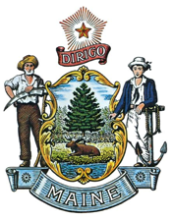Time Warner Pushes Moratorium in North Carolina
Time Warner continues to fight for monopoly protections in North Carolina with legislation to hamstring municipalities, preventing them from building the essential broadband infrastructure they need. While I was in Lafayette at FiberFete, the North Carolina Legislature was considering a bill to preempt local authority, essentially shutting down the prospect for any cable and broadband competition in the state.
Jay Ovittore has covered this legislation in depth.
Salisbury small businessman Brad Walser, owner of Walser Technology Group testified that North Carolina community’s new municipal broadband network Fibrant would meet his company’s needs for broadband capacity not available from commercial providers. Walser noted Salisbury is suffering from an unemployment rate exceeding 14 percent. Advanced broadband, he believes, could help the city attract new businesses that will help create new, high paying jobs. Fibrant is expected to launch later this year.Folks from Chattanooga also testified about the benefits of publicly owned networks. The public outcry on the issue has been helpful:
All of your e-mails and calls have been getting through to the legislators. This kind of attention makes them nervous and I ask you to continue. I can assure you that we here at Stop the Cap!, along with Communities United for Broadband, Broadband for Everyone NC, and Save North Carolina Broadband are going to ratchet up attention on this issue.If you live in North Carolina, definitely read the bottom of the post on how to help. Unfortunately, the state legislature seems to have more nitwits than anyone who knows anything about networks: one State Senator suggested wireless will be replacing fiber soon - one wonders how the wireless tower will connect to the Internet...



